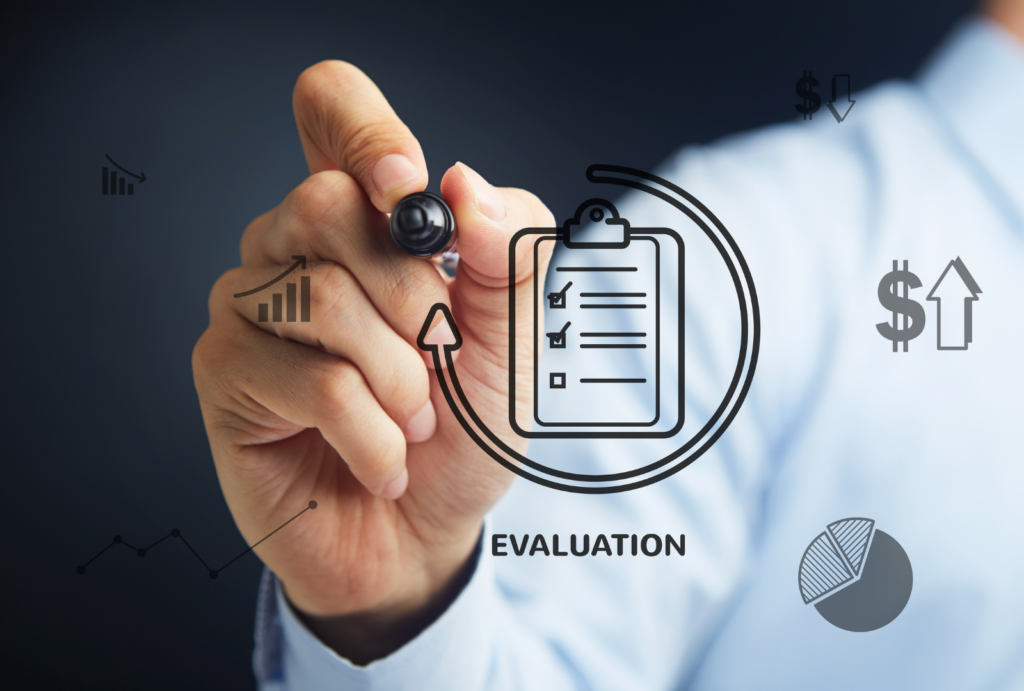The development of a program logic model plays a key role in evaluating the effectiveness of your program design and delivery. It represents how you plan to do good. The Theory of Change Program Logic Model is the preamble to successful program evaluation. It’s a structured process on how you “PLAN” to make a sustainable impact through your organization’s intentional programming efforts. It would be almost impossible to evaluate the impact of your program without a roadmap to how your program expects to create change. Before you tackle developing your program evaluation plan, it’s important that you consider a Theory of Change Program Logic Model. The “Why-and-How” of program modeling is essential to providing effective programming.
Developing a Theory of Change Program Logic Model
- It encourages us to reflect on our passions and ideals and discuss those ideas with others to develop an action-oriented strategy.
- Provides organizations with the ability to communicate to consumers, funders, staff, and board members a clearly defined plan for creating sustained impact.
Concepts for Developing a Theory of Change Logic Model
In the theory of change logic model development process, defining the PROBLEM you want to address is a careful and tedious process that distinguishes between current program services. It identifies STRATEGIES important to reaching your goals. An essential element of a logic model is identifying ACTION CONCEPTS needed to achieve your goals, breaking down strategies into specific and actionable steps. A logic model hopes to define your organization’s TARGET GROUPS and identify the people or institutions you plan to work with and their characteristics.
A Theory of Change Program Logic Model asks what solutions create the desired impact? Based on research, dialogue, and experience utilizing SMART Goals (Specific, Measurable, Achievable, Relevant, and Time-Bound) help define parameters as they pertain to your programmatic goals and help ensure that your objectives are attainable. In order to evaluate program effectiveness, we must consider program OUTCOMES. These outcomes represent evaluating feelings, perceptions, behaviors, and abilities within an environment. Understanding whether the end-users knowledge and/or skills have changed or increased based on program services is how logic models play a significant role in program evaluation.
Theory of Change Program Logic Model Helpful Hints:
- It’s a lot more user-friendly if you use a one-page document
- Once you’ve completed your theory of change, you may find it necessary also to make operational changes to accomplish your programmatic goals.
- Don’t leave your logic model on the bookshelf—make it a living document
Need more help? Be sure to check out Nonprofit Enthusiast’s other blog posts for more tips, tricks and resources.



